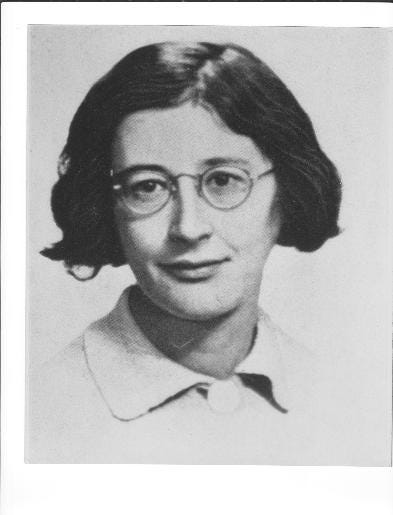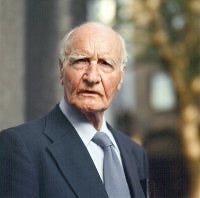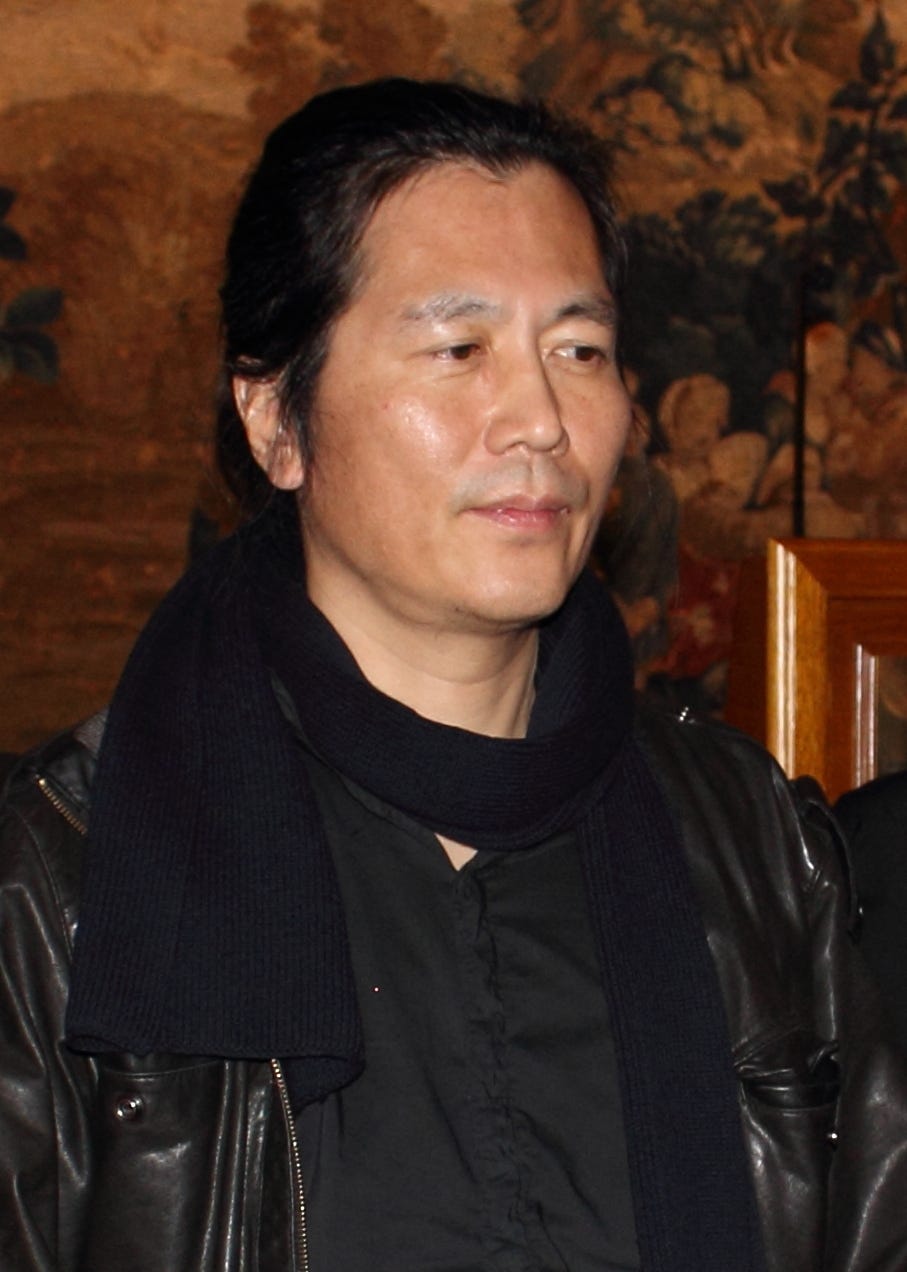When Russell Brand began sharing his Christian journey publicly following his 2023 conversion, he illustrated a distinctly modern phenomenon - our cultural pressure to immediately broadcast and teach what we're still in the process of learning.
While Brand's openness about his spiritual exploration may resonate with many, his rapid transition from new convert to public commentator on Christianity raises interesting questions about how we process profound personal transformations in the digital age.
This "learn in public" culture has transformed our approach to understanding. Recent research reveals concerning trends: while most teenagers now use social media for learning, their engagement is often superficial—characterised by brief interactions and rapid scrolling rather than deep involvement. Studies consistently demonstrate a significant gap between exposure to educational content on social media and actual knowledge retention.
This superficial engagement raises questions about the depth of understanding gained through public platforms, not just in academic contexts but also in broader personal and spiritual exploration.
This pattern of public spiritual exploration extends beyond Brand's experience. Jordan Peterson, coming from a different direction as an established academic, demonstrates another aspect of this phenomenon.
Despite his scholarly background in psychology, Peterson's public wrestling with faith - moving from psychological interpretations of biblical stories to increasingly direct religious speculation - shows both the appeal and the challenges of processing profound spiritual questions under constant public scrutiny.
While his intellectual rigour brings some depth to these discussions, his journey also reveals how even well-equipped minds can struggle with the pressure to provide answers while still forming their own understanding.
Both figures, in their distinct ways, exemplify our current tendency to collapse the space between learning and teaching, between private reflection and public declaration.
Behind their well-produced videos and popular presentations, these are ultimately human beings grappling with eternal questions - a process that traditionally benefited from periods of private reflection and personal integration.
This brings us to a crucial point about modern learning: when we primarily learn through screens, we receive what I call "curated wisdom" - carefully edited insights from individuals we only know through their public personas.
It's like attempting to understand a painting by examining photographs of small sections rather than viewing the entire work in its proper context.
This public spectacle of learning stands in stark contrast to historical approaches to wisdom.
Consider Thomas Merton, whose transformation from secular intellectual to Trappist monk unfolded over years of quiet study and contemplation. While Brand and Peterson share their spiritual discoveries through podcasts, speeches, and social media posts, Merton followed a more private path of personal growth, later conveying his insights through his writing.
Similarly, C.S. Lewis transitioned from atheism to Christianity after a prolonged period of personal struggle with faith, ultimately sharing his journey in "Surprised by Joy" years after his conversion.


Yet, we should not overlook the genuine benefits of public learning. Social learning theorists and educational researchers have documented how sharing our learning journeys can accelerate development in various areas (as demonstrated in Harvard Business School's research on reflective learning practices and MIT's studies of collaborative online education).
When we make our learning public, we benefit from collective intelligence, peer feedback, and the motivational power of community support.
Consider how coding bootcamps use public learning to remarkable effect—students who openly share their challenges, ask for help, and work through solutions together often advance more quickly than those working alone.
Similarly, language learning apps have demonstrated that public accountability and group challenges can significantly enhance retention and consistency in practice.
This is where discernment becomes crucial. While these benefits are genuine, they primarily apply to skills and knowledge that thrive on rapid iteration and external feedback.
Learning to code, developing a business, or mastering a craft often flourishes in public settings.
However, there is a fundamental difference between skills that benefit from external feedback and understanding that requires internal development.
For life's most important questions—those concerning values, relationships, personal growth, and faith—we need what social media can never truly provide: genuine proximity.
A person who truly knows you—someone who observes you in different situations and understands your family background and personal challenges—is always better equipped to provide guidance than even the most captivating online personality.
Through helping to raise nine children, I have discovered that their deepest understanding develops through genuine conversations with people who truly know them—parents, siblings, family friends, and teachers who interact with them daily—rather than through parasocial relationships with digital thought leaders.
Our contemporary fascination with public learning sharply contrasts with the traditional methods of wisdom transmission across cultures.
In numerous Eastern traditions, the bond between teacher and student is profoundly private—what the Japanese refer to as "ishin-denshin" (heart-to-heart transmission). This approach is not merely about adhering to tradition for its own sake; rather, it acknowledges that certain forms of understanding necessitate a safeguarded environment for their development.
Philosopher Byung-Chul Han helps us comprehend what we are sacrificing in our haste to share everything online. When he states, "Today's society is symbol-poor," he highlights how we have substituted meaningful experiences with an incessant flow of information.
Consider the contrast between scrolling through hundreds of social media posts about meditation and quietly practicing meditation each day. While the posts may provide information, they lack what Han refers to as "symbolic force" - the power to genuinely transform our understanding through lived experience.
Han argues that "rituals are symbolic techniques of making oneself at home in the world."
Far from merely clinging to tradition, these approaches recognise that certain forms of understanding require a protected space to develop.
In our family, the ritual of sharing meals together fosters a level of understanding that cannot be captured in a TikTok post.
Similarly, certain forms of learning—particularly those related to faith, values, or life's profound questions—require their own rituals of quiet study, patient reflection, and private conversation to truly take root.
Other philosophers have anticipated our current challenges. Josef Pieper cautioned against losing "the capacity to perceive the visible world 'with our own eyes'" when we continuously mediate our experiences through public sharing.


Simone Weil’s words resonate deeply with our times when she asserts that genuine understanding requires "a certain application of the full attention to the object." In an era where endless documentation and sharing make this level of focus increasingly challenging, her observation feels particularly poignant.
The allure of digital platforms is undeniable. Through online courses, YouTube tutorials, and social media interactions, we can condense what once took years into mere months or even weeks of intensive learning. However, this rapid acceleration often comes with a hidden cost.
Consider it akin to comparing a microwave meal to slow-cooked cuisine. While both provide nutrition, slow cooking enables flavours to develop and ingredients to transform in ways that quick heating simply cannot replicate. Similarly, in the realm of public learning, taking time to share and reflect can enrich the experience, much like slow cooking enriches a meal.
If you feel pressured to share every step of your learning journey, there are ways to manage your response to both your own and others' expectations.
Begin by distinguishing between skills that flourish with public feedback, such as coding or business development, and those that necessitate private cultivation, such as faith, values, or personal growth.
While a coding problem may benefit from crowd-sourced solutions, your evolving worldview likely requires a quieter space to develop.
Create Circles of Trust - small groups where you can:
Explore ideas freely, without fear of judgment.
Share your doubts and uncertainties.
Seek feedback from people who understand your complete context.
Gradually develop understanding through authentic dialogue.
Find mentors by exploring your existing communities—such as religious groups, professional networks, and family connections. Seek out individuals who embody the wisdom you aspire to attain, beginning with informal conversations before formally requesting mentorship.
Keep in mind that the most effective guides are often those who can observe both your struggles and your growth in real-life contexts, rather than solely through digital interactions.
Develop discernment regarding sharing by asking:
Will public sharing enhance or detract from my learning?
Is this insight sufficiently developed to be beneficial to others?
Am I seeking validation or making a genuine contribution?
Would this benefit from additional private reflection?
Give yourself permission to learn certain things in silence. Maintain a private journal for personal reflections. Take the time to process your experiences before sharing them. Resist the urge to document every insight immediately. Some understandings are meant to shape your character rather than serve as content for your platform.
Think of learning as tending to a garden rather than merely updating a status. Some growth must occur underground, away from constant observation. Just as a seed requires darkness to germinate, certain types of understanding need privacy to develop fully. Whether it pertains to matters of faith, personal values, or deep philosophical insights, there is significant value in "learning in the quiet."
Next time you feel pressured to share every step of your learning journey, remember that the most transformative moments in human understanding often occur in spaces where no content is being created, no metrics are being tracked, and no audience is watching.
In our eagerness to learn in public, let us not overlook the quiet journey toward wisdom.
After all, the deepest roots grow in silence.
"Blessed is the man who trusts in the Lord... He is like a tree planted by water, that sends out its roots by the stream" Jeremiah 17:7-8







Excellent post
Words of wisdom.